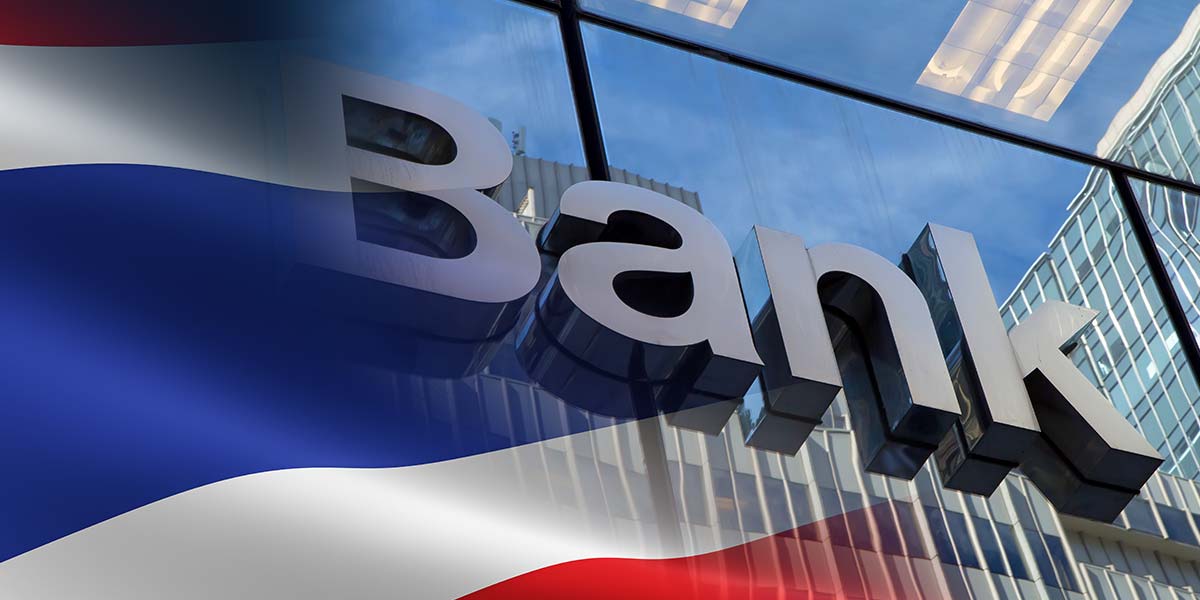Thailand’s Royal Gazette has announced significant revisions to the regulations governing share repurchase programs, effective from November 14, 2025. DAOL Securities (Thailand) noted that these new rules mark a major regulatory shift, aimed at improving transparency and providing listed companies with greater operational flexibility.
The updated regulations introduce several key changes:
- Companies are now permitted to carry out continuous share buybacks, with the previous requirement of a six-month pause between programs abolished. Businesses can immediately initiate a new repurchase following the completion of a prior program, allowing for uninterrupted buyback activity.
- Major shareholders and executives are barred from trading their own shares during active buyback programs, a measure intended to minimize conflicts of interest.
- Firms must establish robust internal control systems, clearly defining responsible parties, audit procedures, supporting documentation for traceability, and methods for evaluating buyback prices.
- Greater public disclosure is required. Companies must now report buyback methods (whether through the market or brokers), measures to prevent conflicts of interest, periodic project updates, and post-program outcomes.
- Company boards are mandated to affirm the transparency of buyback activities, ensuring there are no conflicts of interest and confirming the effectiveness of internal controls.
While the new rules impose stricter standards on executives and large shareholders, the removal of the six-month waiting period offers companies—especially those in the banking sector, such as Kasikornbank (KBANK), Kiatnakin Phatra Bank (KKP), and TMBThanachart Bank (TTB)—new strategic opportunities.
DAOL Securities maintains an “Overweight” view on the banking sector, noting an average price-to-book value (P/BV) of just 0.71x, well below its ten-year average, and an annual dividend yield of approximately 7%, compared with a 3% average across the broader market.
Looking at specific banks, the brokerage firm highlights Krung Thai Bank (KTB) as a top pick, with a target price of THB 30 based on a projected P/BV of 0.85x in 2026. The firm anticipates continued profit growth and expects KTB to soon launch its buyback program, leveraging its strong asset quality and a low-risk government loan portfolio. KTB’s dividend yield is forecast at roughly 7%, with a high coverage ratio of 207%, and trading at a P/BV of 0.83x—below its long-term average.
Siam Commercial Bank (SCB) is also favoured, with a target price of THB 150 and a 2026 P/BV of 1.0x. SCB is expected to report strong profit growth in 2025, the highest dividend yield among peers at around 8%, and continued improvement in its non-performing loan (NPL) ratio.
Further comments from KTB’s CEO, Mr. Payong Srivanich, confirmed that the annual shareholder meeting in 2024 approved the framework for a buyback program. He indicated KTB would evaluate the most suitable timing and strategy for such actions based on market conditions, with the ultimate goal of maximizing shareholder value.
Additionally, Mr. Tawatchai Cheevanon, KTB’s Chief Product and Business Solutions Officer, said the bank is entering what it calls the “Corporate Value Creation 2.0” era, targeting a return on equity (ROE) above 10%. Following the third quarter of 2025, KTB’s ROE stood at 12.8%, rising significantly from 9.9% in the second quarter, and far exceeding the 4.9% recorded in 2013—reflecting the bank’s strong commitment to delivering enhanced value for shareholders.





